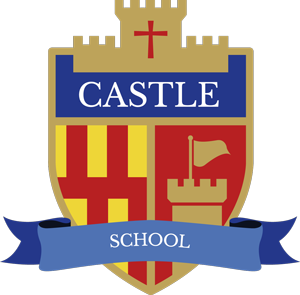What is SEND?
Children and young people with special educational needs and disabilities (SEND) all have learning difficulties or disabilities that make it harder for them to learn than most children and young people of the same age. These children and young people may need extra or different help from that given to others.
Many children and young people will have SEN of some kind at some time during their education. Early years providers (for example, nurseries or childminders), mainstream schools, colleges and other organisations can help most children and young people succeed with some changes to their practice or additional support, but some children and young people will need extra help for some or all of their time in education and training.
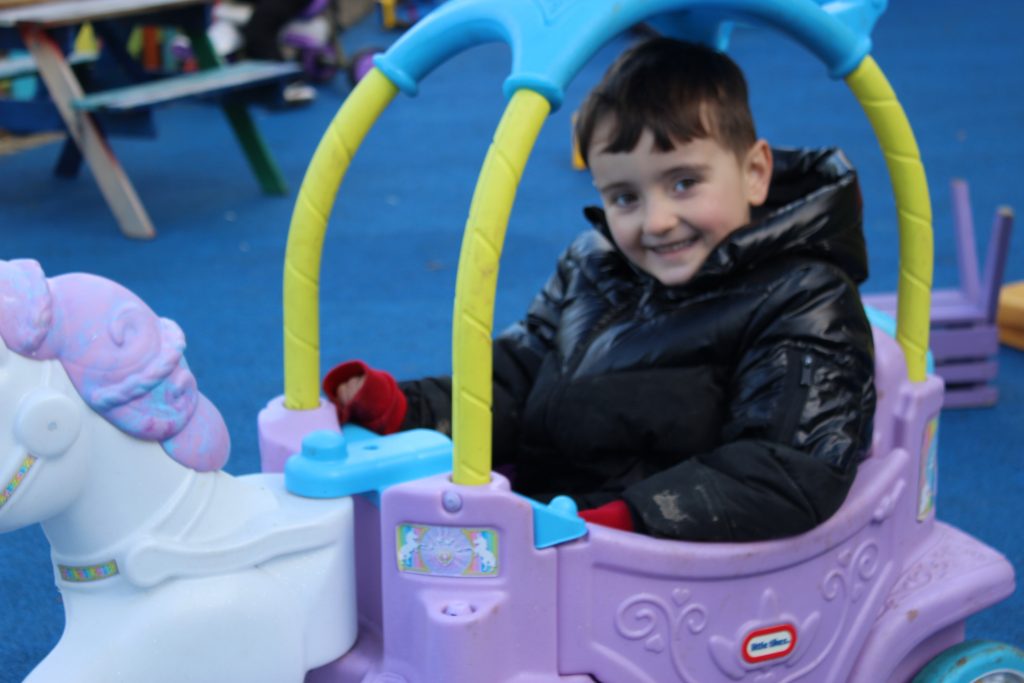
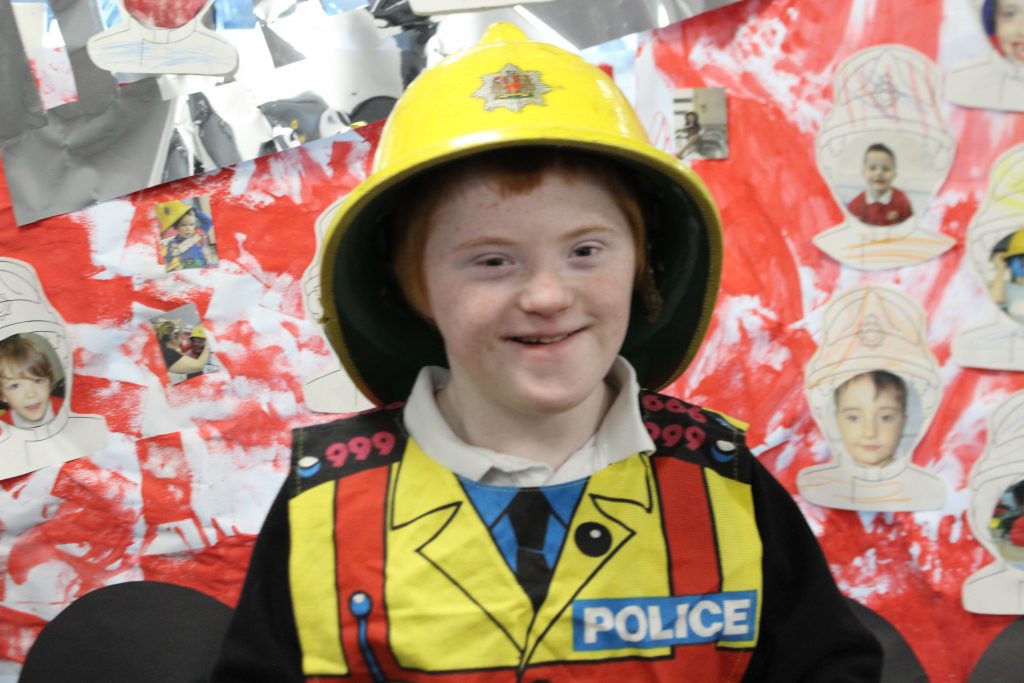
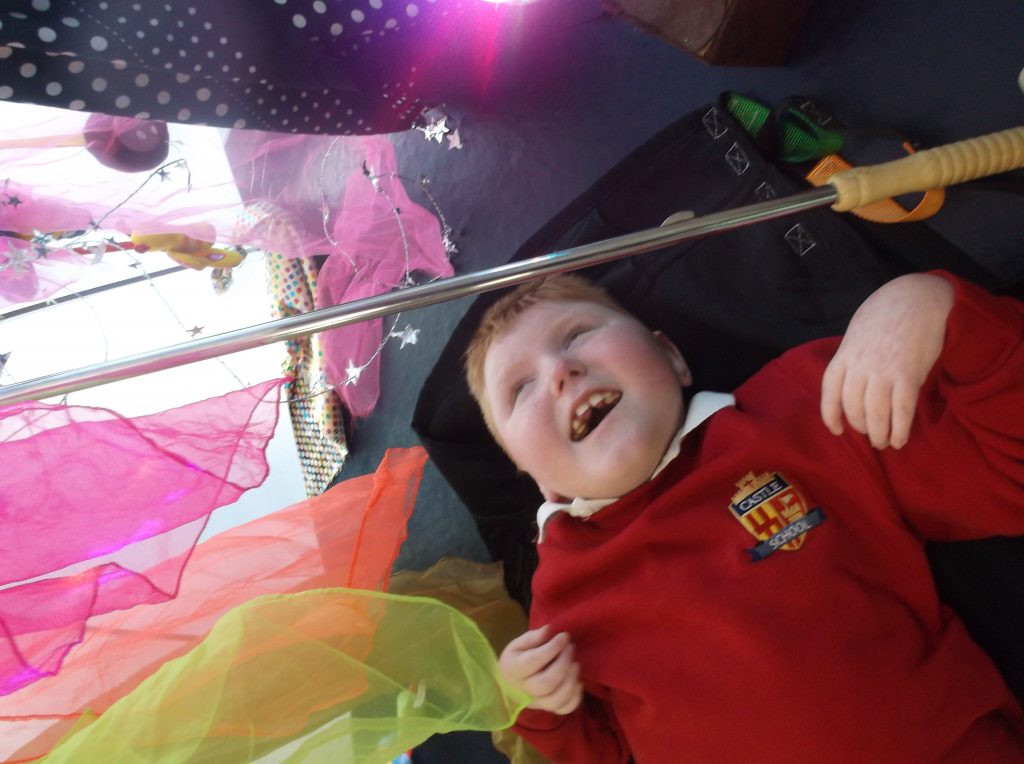
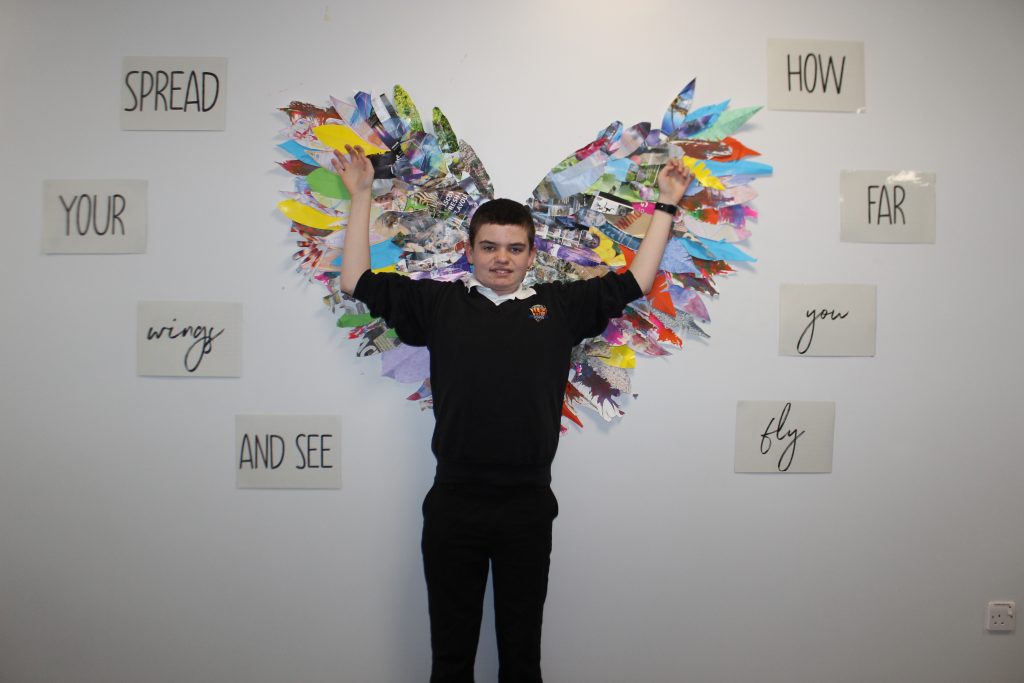
Equal opportunities for learners of all ages and abilities
Castle School is a specialist facility for those children and young people with severe or profound and multiple learning disabilities who require a more tailor-made approach to education to meet their needs.
The NCEA Trust SEND Information Reports available on their website provide information on what services children, young people and their families can expect throughout the Trust, including education, health and social care, so you can decide if NCEAT is going to be the right fit for your child.
For Castle School-specific information, please see the document below:
Children and young people with SEN may need extra help because of a range of needs. The 0-25 SEND Code of Practice sets out four areas of SEN where children may need support:
Communicating and interacting – for example, where children and young people have speech, language and communication difficulties which make it difficult for them to make sense of language or to understand how to communicate effectively and appropriately with others.
Cognition and learning – for example, where children and young people learn at a slower pace than others their age, have difficulty in understanding parts of the curriculum, have difficulties with organisation and memory skills, or have a specific difficulty affecting one particular part of their learning performance such as in literacy or numeracy.
Social, emotional and mental health difficulties – for example, where children and young people have difficulty in managing their relationships with other people, are 8 withdrawn, or if they behave in ways that may hinder their and other children’s learning, or that have an impact on their health and wellbeing.
Sensory and/or physical needs – for example, children and young people with visual and/or hearing impairments, or a physical need that means they must have additional ongoing support and equipment Some children and young people may have SEN that covers more than one of these areas.
